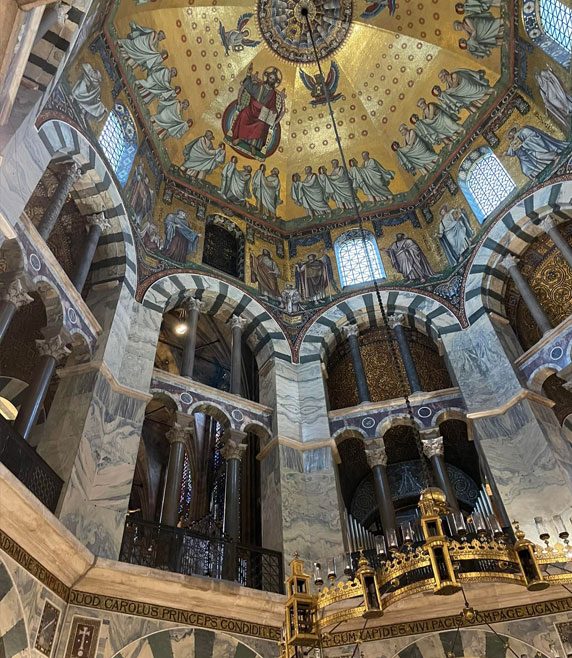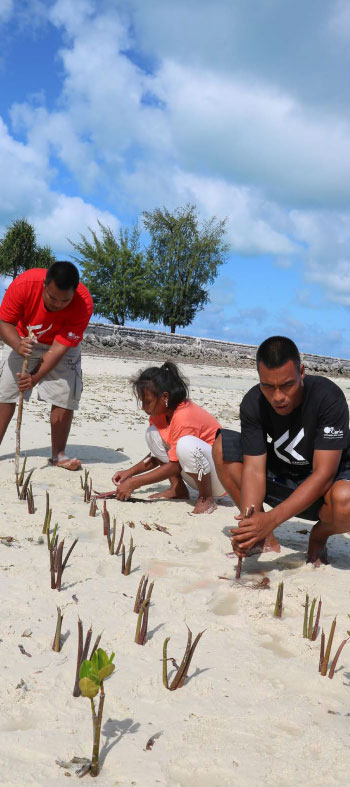Who We Serve
Caritas Fiji places charity at the heart of society and associates with the poor by helping the Catholic church in Fiji become the prophetic voice for the people who are victims of social and ecological injustices.
It operates within three thematic programs namely:
- Social and Ecological Justice
- Disaster Management and
- Gender Justice (Women’s Ministry, Men’s Ministry)










